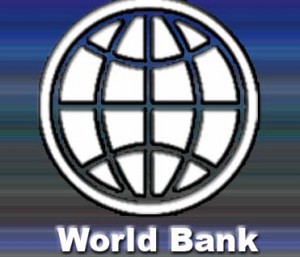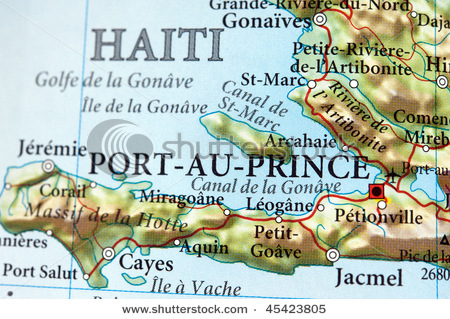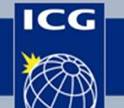Pap Padap Dirèk Dirèk- Mobile Communication
 Thanks to Digicel and Voila Comcel, obtaining a cell phone is the least of your worries when traveling to Haiti. Almost immediately after arriving at the Toussaint Louverture International Airport in Port au Prince, one spots red and neon green beach umbrellas, under which man holding a string of calling cards and other mobile phone related products. Need a cell phone? No problem.
Thanks to Digicel and Voila Comcel, obtaining a cell phone is the least of your worries when traveling to Haiti. Almost immediately after arriving at the Toussaint Louverture International Airport in Port au Prince, one spots red and neon green beach umbrellas, under which man holding a string of calling cards and other mobile phone related products. Need a cell phone? No problem.








